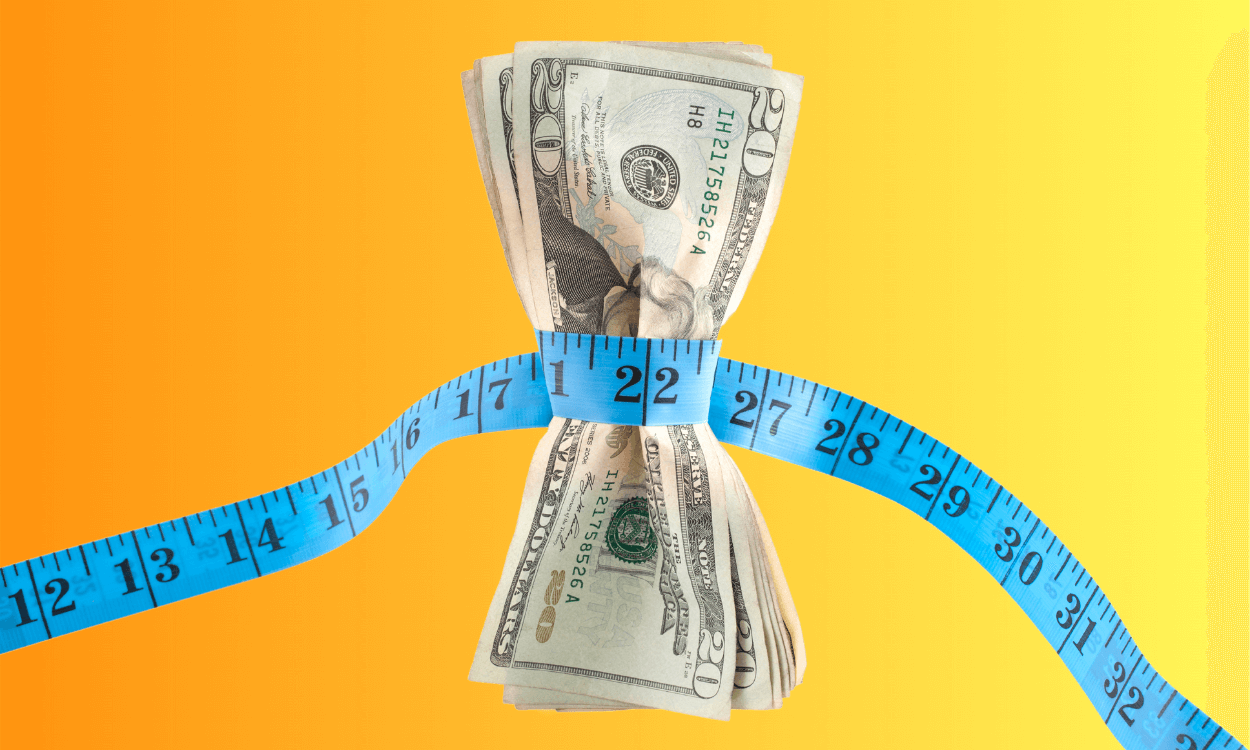Losing weight can be challenging, especially if you’re on a tight budget or have limited access to certain types of food. However, it is still possible to eat healthy and achieve your weight-loss goals without breaking the bank. Here are some tips to help you lose weight and eat healthy on a budget.
- Plan your meals: Plan your meals for the week and create a shopping list based on those meals. This will help you avoid impulse purchases and reduce food waste. Try to focus on purchasing budget-friendly, whole foods like lentils, chickpeas, tofu, cauliflower, and fruits and vegetables. These foods are high in fiber and plant-based protein, which can help you feel full and reduce food intake.
- Limit processed foods: Processed foods are often high in sugar, salt, and unhealthy fats, and they can contribute to weight gain. Instead, try to focus on eating whole grains, such as oatmeal, whole grain cereal, or brown rice.
- Avoid saturated fats: Saturated fats are found in dairy products and fatty meats, such as poultry. These types of fats can increase the risk of heart disease and contribute to fat accumulation. Try to limit your consumption of these foods and opt for healthier fats like nuts and seeds.
- Eat plant-based protein: Lentils, chickpeas, and tofu are excellent sources of plant-based protein. They are also budget-friendly and have a longer shelf life compared to fresh meat.
- Consider canned produce: Canned produce, such as canned vegetables, can be a budget-friendly option for those who are trying to lose weight. They are often more affordable than fresh produce and have a longer shelf life. Just be sure to choose canned produce that doesn’t have added salt or sugar.
- Make use of herbs and spices: Herbs and spices can add flavor to your meals without adding calories. Try using chili powder, black pepper, or other herbs and spices to make your meals more interesting.
- Try “zoodles”: Zoodles are a type of pasta made from zucchini that can be a healthier alternative to traditional pasta. They are low in calories and a great source of fiber.
- Reduce food waste: To reduce food waste, try to plan your meals so that you can use leftovers later in the week. You can also purchase frozen fruits and vegetables, which have a longer shelf life compared to fresh produce.
- Increase physical activity: Physical activity can help you lose weight and improve your overall health. Try to aim for at least 30 minutes of physical activity three times per week.
- Get creative with your meals: Try to get creative with your meals by using cauliflower rice instead of traditional rice, or making a stir-fry with tofu and vegetables. These small changes can help you reduce the number of calories in your meals and reach your weight-loss goals.
In conclusion, losing weight and eating healthy on a budget is possible if you plan your meals, focus on eating whole foods, and make use of budget-friendly options like lentils, chickpeas, and tofu. You can also reduce food waste and increase physical activity to support your weight-loss goals. Remember to consult with your doctor or a nutritionist to ensure that your nutritional needs are met and to receive personalized medical advice.











